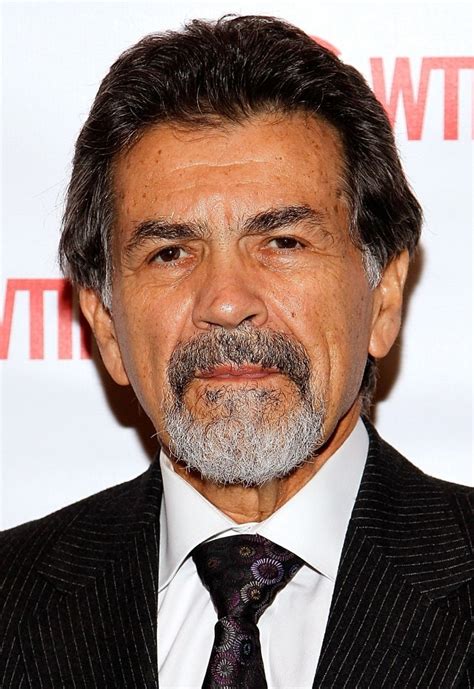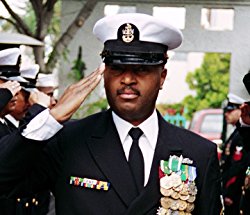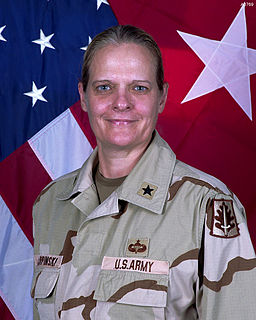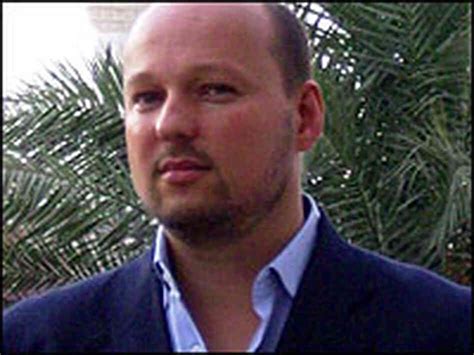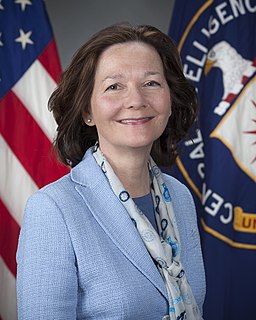A Quote by Jose Rodriguez
The actions we took in the aftermath of 9/11 were harsh but necessary and effective. These steps were fully sanctioned and carefully followed. The detention and interrogation of top terrorists like Abu Zubaydah, Khalid Sheikh Muhammed and Abu Faraj al-Libbi yielded breakthroughs which have kept this country safe.
Related Quotes
I did a piece where I was talking about torture at Abu Ghraib, and I embroidered my hand with the image of the hooded Abu Ghraib prisoners who'd been tortured using a needle and thread. I know that meeting a Holocaust survivor when I was eight and seeing the tattoo on her arm from her time in the camps influenced my piece about Abu Ghraib.
The attacks of September 11 were made possible, in part, by the fact that U.S. law enforcement had a bias that 'rich Saudis are safe Arabs.' Al Qaeda understood that bias and relied on it to operate freely in the United States for years, even when the terrorists were engaged in activities that the authorities considered suspicious.
After 9/11 we were prepared to use military force. We were prepared to go after not only the terrorists, but those who sponsor terror and provide sanctuary and safe harbor for them. We were prepared to use our intelligence assets the way we would against an enemy that threatened the United States itself, to put in place, for example, things like the Terror Surveillance Program and to have a robust interrogation program on detainees. Those are the acts you take when you feel you're at war and that the very existence of the nation is threatened.
Saddam Hussein had a lengthy history of reckless and sudden aggression. He cultivated ties to terror -- hosting the Abu Nidal organization, supporting terrorists, and making payments to the families of suicide bombers. He also had an established relationship with Al Qaida -- providing training to Al Qaida members in areas of poisons, gases and conventional bombs. He built, possessed, and used weapons of mass destruction.
